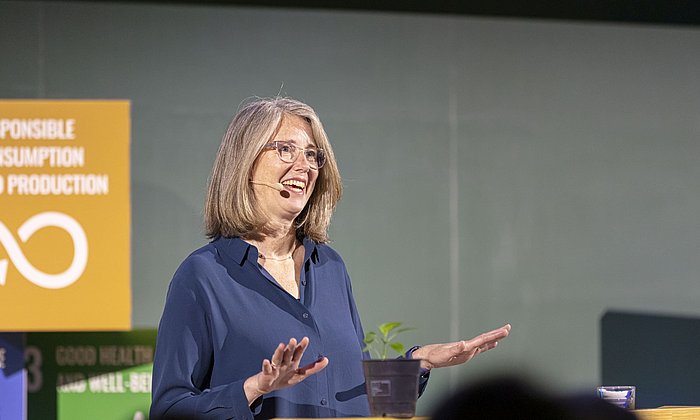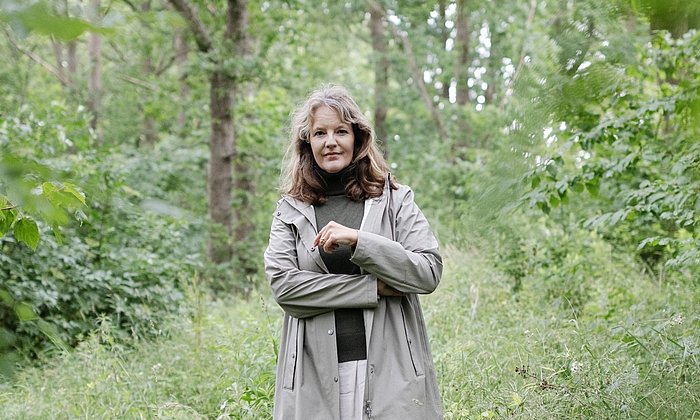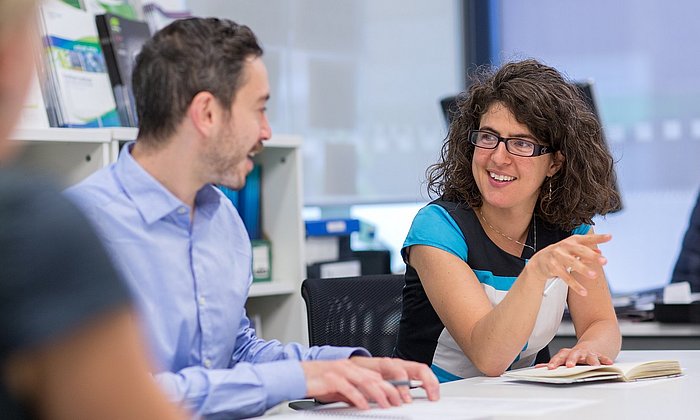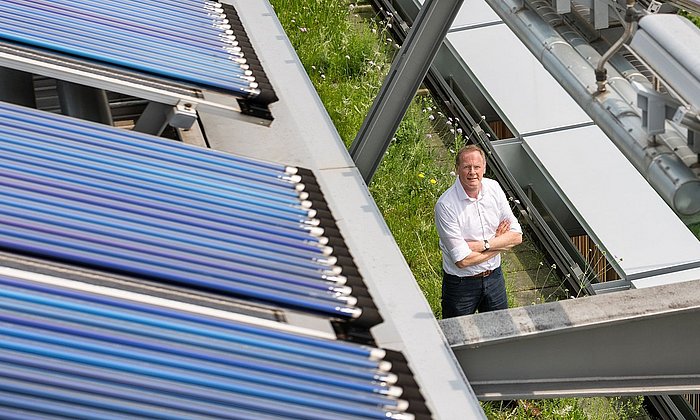Global discourse series “One Topic, One Loop“: Werner Lang
Sustainability needs a holistic approach
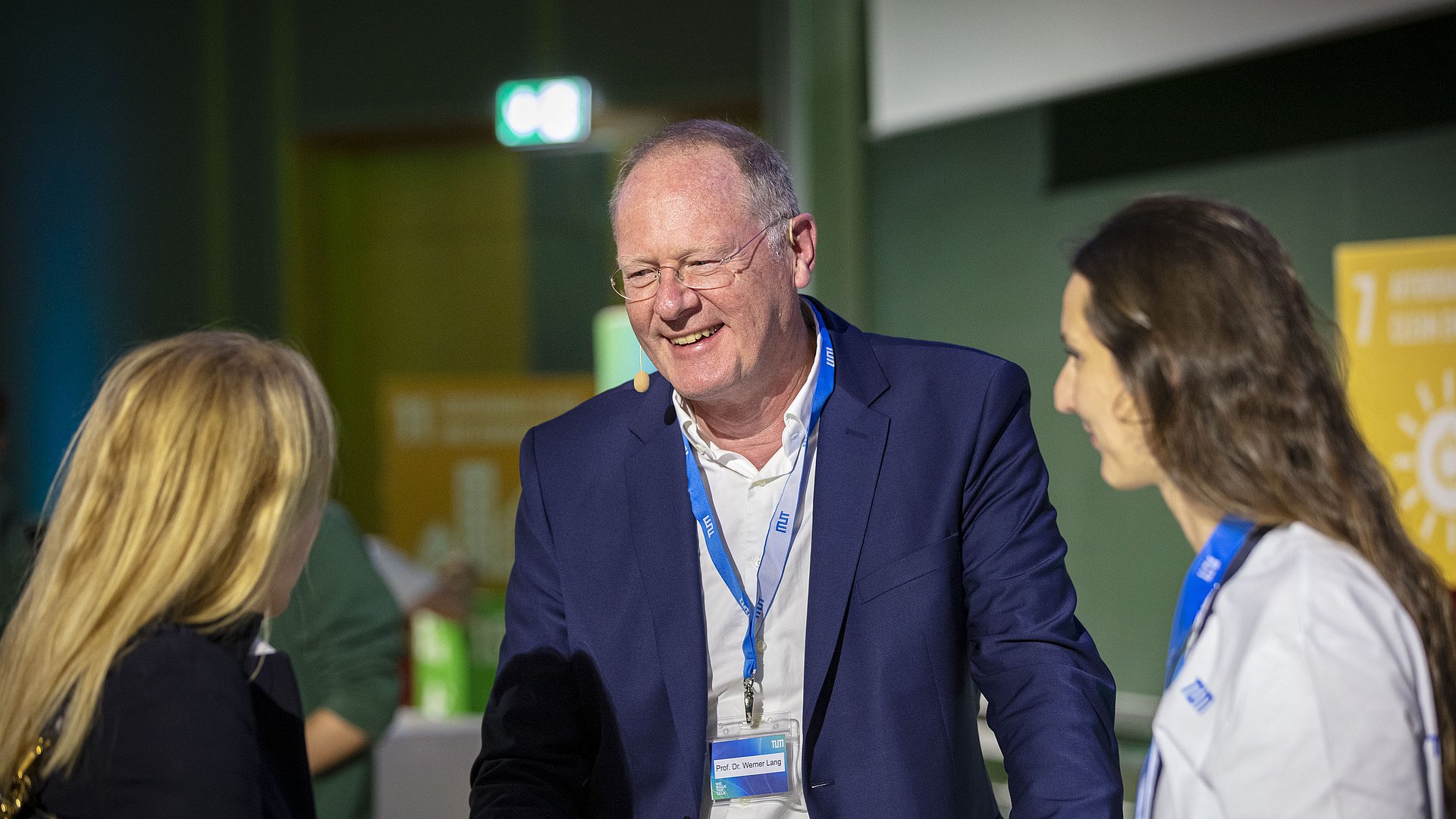
Tackling climate change is one of the most pressing challenges of our time. It requires the cooperation of all stakeholders around the world. Universities in particular have a crucial role to play. It was great to see how four leading international universities are fulfilling this role in very different ways.
In the first article of this series, I explained how we at TUM have positioned ourselves holistically and how we have managed - and must continue to manage - to involve the entire university community. Our Sustainability Day, which took place on 12 June and included a sustainability fair, workshops and keynote speeches, was an excellent example of this. Keynote speaker there and fourth author in this series was Sarah Billington, UPS Foundation Professor and Senior Fellow at Stanford University. In her contribution, she highlighted how her university creates the most inclusive and creative environment possible for sustainable activities. She used campus-wide institutes and accelerators as well as the recently founded Stanford Doerr School of Sustainability as examples of how integrative and holistic sustainability work can be institutionalized within a university.
Living laboratories in Copenhagen and political activities in London
Christine Nellemann from the Technical University of Denmark (DTU) offered us a different perspective. Christine is Dean of Sustainability, Diversity and International Cooperation and showed in her contribution how the academic and infrastructural activities of a university can be jointly geared towards greater sustainability. DTU's campuses act as living laboratories that enable students, researchers and other relevant groups such as public authorities and companies not only to develop new sustainable technologies, but also to test them. It has been shown time and again how committed the DTU is in this role, but also as a building owner, setting an example for society.
Last but not least, universities play a crucial role in promoting climate innovation. Alyssa Gilbert gave us an insight into her work as Director of Innovation at the Grantham Institute for Climate Change at Imperial College London - with impressive figures from their Greenhouse Accelerator program, but above all with the realization that the solutions of tech start-ups are often too innovative for the markets they end up in. A key focus for Alyssa and her team is to encourage collaboration and stakeholder engagement. I was excited to see the various initiatives she and her team are working on to connect climate business founders with decision makers. In addition to these policy activities, the Grantham Institute also works directly with companies and stakeholders in key sectors. Ultimately, it is these collaborations that bring solutions to life.
The articles in this series have highlighted the importance of aligning all of a university's sustainability activities - from campus development to business incubation, from research to education. The global perspectives of my colleagues have inspired me to continue on this path at TUM.
Four people from four different countries and four different universities discuss a current topic in research and teaching. The series "One Topic, One Loop" begins with an initial question to which the first person responds and asks the next person another question on the same topic. The series ends with the first person answering the last question and reflecting on all previous answers. The topic of the first season was Large Language Models and their impact on research and teaching. In the second series, we look at how universities can integrate sustainability into their infrastructure and daily activities.
Our authors are: Werner Lang, Vice President for Sustainable Transformation, Alyssa Gilbert, Director of Innovation, Grantham Institute for Climate Change, Imperial London, Christine Nellemann, Dean for Sustainability, Technical University of Denmark and Sarah Billington, UPS Foundation Professor and Senior Fellow at the Woods Institute for the Environment at Stanford University.
- Prof. Dr. Werner Lang is Vice President for Sustainable Transformation and holds the Chair of Energy Efficient and Sustainable Planning and Building (ENPB) at the TUM School of Engineering and Design. From 2008–2010, he was Professor of Sustainable Building and Director of the Center for Sustainable Development at the University of Texas School of Architecture in Austin, Texas.
- TUM Sustainability Day 2024
- Sustainability at TUM
Contacts to this article:
Prof. Dr. Werner Lang
Technical University of Munich (TUM)
Chair of Energy Efficient and Sustainable Design and Building
+49 89 289 23988
w.lang@tum.de
